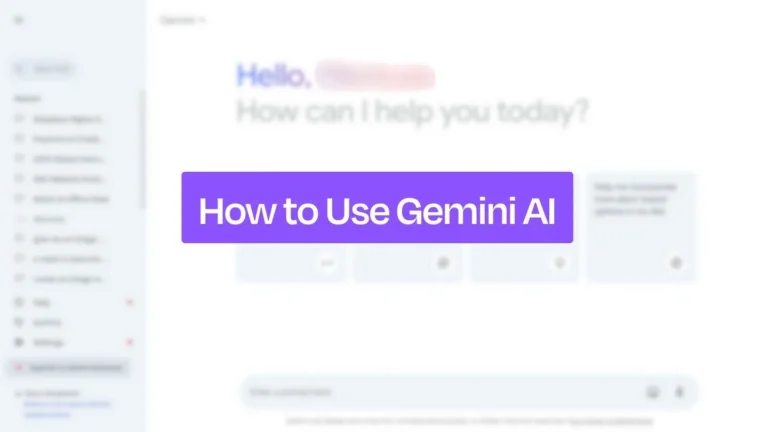WhatsApp Cracks Down on Fraud: 6.8 Million Accounts Banned in First Half of 2025. In a major crackdown on online scams, WhatsApp, owned by Meta, has announced the removal of 6.8 million accounts in the first six months of 2025. These accounts were linked to organized fraud networks, mainly operating in Southeast Asia, and were found promoting pyramid schemes and fake investment opportunities to exploit financially vulnerable users.
Proactive Detection, Not Just Response
In a recent blog post, WhatsApp revealed that its new security systems now detect and block fraudulent accounts even before they become active. Instead of simply reacting to reported scams, the platform is taking a proactive approach to protect users.
“These scams often take advantage of people under financial pressure, offering ‘too good to be true’ deals that end up stealing money or personal data,” WhatsApp stated.
New Tactics: Social Engineering and App Hopping
A typical scam starts with a friendly message sent through a dating app or text, which then shifts the conversation to platforms like WhatsApp, Telegram, or cryptocurrency apps. Scammers deliberately move conversations across apps to avoid detection and create a fragmented view of their fraud.

Meta, in collaboration with OpenAI and WhatsApp, recently uncovered a scam ring operating out of Cambodia. These scammers used ChatGPT to create scripted messages that directed users to WhatsApp. Victims were then lured to Telegram and told to “like” TikTok videos, gradually being manipulated into investing in a fraudulent scooter rental scheme using crypto wallets.
New Features to Protect Users
To counter these evolving threats, WhatsApp has rolled out new safety features aimed at giving users more control:
Group Invitation Preview: When an unknown user adds someone to a group, WhatsApp now shows group details before the user joins, allowing them to leave the group without opening the chat.
Suspicious Contact Alerts (in testing phase): This feature will warn users when they start chatting with someone not in their contact list, displaying more context to help them make informed decisions.
Cybersecurity Expert Tips for Staying Safe
Meta has partnered with cybersecurity expert Rachel Tobac to raise awareness about digital safety. She advises users to:
“Pause, question, and verify — especially when you receive unexpected messages. If someone asks for money or claims to be in trouble, double-check using a known number or another platform.”
Scammers Linked to Serious Crimes
Meta emphasized that these fraud operations aren’t just annoying — they are part of organized and ruthless criminal enterprises, often tied to human trafficking and forced labor.








